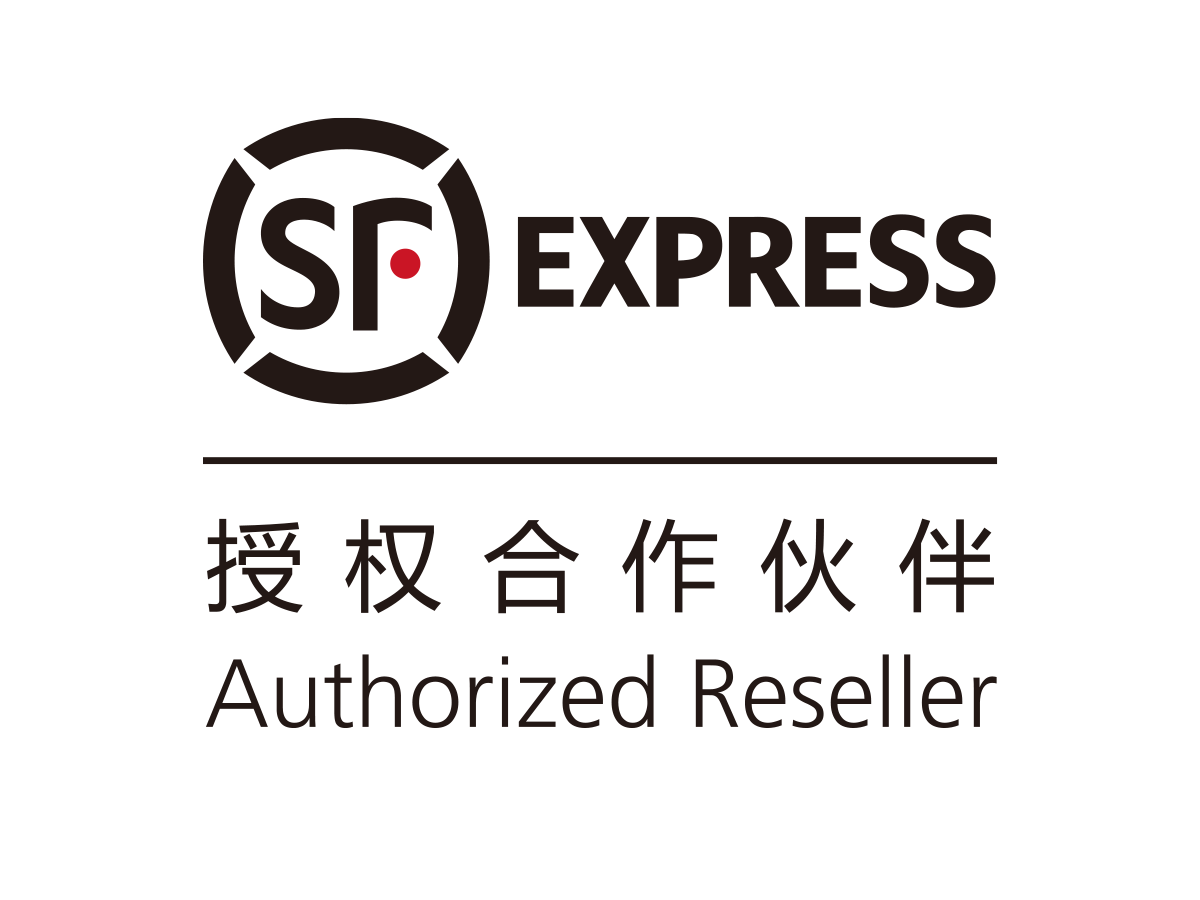In the challenging and competitive landscape of the business world, seeking guidance from a seasoned business consultant can be a game-changer. Whether you’re a startup looking for direction or an established company aiming for growth, the right business consultant can provide valuable insights and strategies.
However, the key lies in asking the right questions to ensure that you find a consultant who aligns with your goals and can drive your business towards success. In this blog post, we’ll explore 20 crucial questions to ask a business consultant before making this pivotal decision.
What is Your Expertise and Industry Experience?
Understanding the consultant’s expertise and industry experience is fundamental. Ask about their track record, successful projects, and the industries they have worked with. A consultant with relevant experience is more likely to understand the nuances of your business and industry challenges.
Can You Share Success Stories or Case Studies?
Success stories and case studies provide tangible evidence of a consultant’s capabilities. Request examples of how they’ve helped businesses overcome challenges or achieve significant milestones. This information can offer insights into their problem-solving approach and the impact they can have on your business.
How Do You Stay Informed About Industry Trends?
The business landscape is ever-evolving. A consultant who stays informed about the latest industry trends is better equipped to provide relevant and forward-thinking advice. Inquire about their methods for staying updated, such as attending conferences, continuous education, or industry memberships.
What Approach Do You Take in Understanding a Client’s Business?
A successful consulting engagement starts with a deep understanding of your business. Ask about their approach to learning about your company, including whether they conduct thorough assessments, interviews, or data analysis. A consultant who invests time in understanding your unique challenges is more likely to provide tailored solutions.
How Do You Tailor Your Services to Each Client’s Needs?
One size does not fit all in the consulting world. A great consultant should be able to customize their approach to meet your specific needs. Inquire about their methods for tailoring services and ensuring that their recommendations align with your business goals and values.
What Is Your Communication Style?
Effective communication is crucial for a successful consulting relationship. Ask about the consultant’s communication style, including how often they provide updates, the channels they use, and their willingness to adapt their communication approach based on your preferences.
How Do You Handle Conflicts of Interest?
It’s important to ensure that your consultant’s interests align with yours. Ask about their policies regarding conflicts of interest and how they navigate situations where their recommendations may impact their other clients. Transparency and a clear approach to conflicts of interest build trust in the consulting relationship.
What Key Performance Indicators (KPIs) Do You Focus On?
Every business has specific metrics that matter most. Discuss with the consultant the key performance indicators they prioritize when evaluating a business’s success. This ensures that both parties are aligned on the critical areas that need improvement or optimization.
How Do You Collaborate with Internal Teams?
Consultants don’t operate in isolation; they must collaborate seamlessly with your internal teams. Ask about their collaboration approach, whether they prefer hands-on involvement or a more advisory role. Understanding their working style helps set expectations and ensures a smooth integration into your existing workflow.
Can You Provide References from Previous Clients?
A reputable consultant should have no reservations about sharing references from previous clients. Reach out to these references to gain insights into the consultant’s strengths, areas of expertise, and overall impact on the businesses they’ve worked with.
How Do You Handle Confidentiality and Data Security?
Given that consultants often deal with sensitive business information, it’s crucial to address confidentiality and data security. Inquire about the measures they have in place to safeguard your data and ensure that they adhere to ethical standards in their consulting practices.
What Is Your Fee Structure?
Clearly understanding the consultant’s fee structure is essential for budgeting purposes. Ask about their billing methods, whether they charge hourly, project-based, or offer a retainer model. Additionally, discuss any potential additional costs or expenses that may arise during the consulting engagement.
How Do You Measure the Success of Your Consulting Engagements?
Success should be measurable and defined from the outset. Discuss with the consultant how they measure the success of their engagements. This could include achieving specific milestones, meeting performance targets, or realizing a return on investment (ROI).
What Are the Risks and Challenges You Anticipate in Our Situation?
A seasoned consultant should be able to foresee potential challenges and risks specific to your business. By discussing these upfront, you can evaluate their problem-solving skills and their ability to navigate obstacles, demonstrating a proactive and strategic approach.
How Will You Transfer Knowledge to Our Team?
Consulting engagements should leave a lasting impact on your organization. Inquire about the consultant’s approach to knowledge transfer – how they plan to equip your team with the skills and insights gained during the engagement. This ensures that the benefits of the consulting relationship extend beyond the duration of their involvement.
What Technologies and Tools Do You Use in Your Consulting Practice?
Technology plays a significant role in modern business consulting. Ask about the tools and technologies the consultant leverages to gather data, analyze trends, and communicate with clients. A technologically savvy consultant is better positioned to provide innovative solutions and keep your business ahead of the curve.
How Do You Adapt to Changes in the Business Environment?
The business landscape is dynamic, and adaptability is a key trait of successful consultants. Inquire about their ability to adapt to changes in the business environment, whether it’s market fluctuations, regulatory shifts, or technological advancements. A consultant who can navigate change effectively is an asset to your business.
What is Your Availability and Response Time?
Timely communication is critical in the consulting relationship. Discuss the consultant’s availability, including their response time to emails, calls, and urgent matters. Understanding their commitment to being responsive ensures a smoother collaboration and minimizes potential bottlenecks.
Can You Identify Potential Opportunities for Growth?
Beyond addressing current challenges, a great consultant should be able to identify opportunities for growth. Ask about their ability to spot potential areas for expansion, innovation, or efficiency improvement. A consultant who can contribute to your long-term success is an invaluable asset to your business.
How Do You Define Long-Term Success for Your Clients?
Finally, discuss the consultant’s perspective on long-term success. Understanding their vision for your business beyond the immediate engagement helps align expectations and ensures a strategic partnership that extends beyond the initial consulting period.
How do you handle disagreements or differing opinions within a client’s leadership team?
A skilled consultant should navigate disagreements diplomatically. I encourage open communication and facilitate constructive discussions. Resolving conflicts requires understanding each party’s perspective and finding common ground that aligns with the overall business objectives.
What strategies do you employ to ensure a seamless transition after the consulting engagement concludes?
A smooth transition is crucial for sustained success. I develop comprehensive transition plans, conduct training sessions, and provide ongoing support to ensure that the implemented changes are seamlessly integrated into your business processes.
In what ways do you keep abreast of changes in technology that could impact our industry?
Staying technologically updated is imperative. I regularly attend industry conferences, engage in continuous education, and collaborate with technology experts. This proactive approach enables me to identify and leverage emerging technologies that can benefit your business.
Can you share an example of a project that didn’t go as expected, and how you handled it?
Every consultant encounters challenges. In one instance, a project faced unexpected obstacles. I reassessed the strategy, communicated transparently with the client, and pivoted the approach. This experience reinforced the importance of flexibility and adaptability in achieving successful outcomes.
What role do you see our internal team playing in the consulting process, and how can we ensure effective collaboration?
Collaboration is key to success. I view your internal team as integral partners. I encourage regular communication, joint problem-solving sessions, and knowledge-sharing to maximize the synergies between the consultant and your team.
How do you approach cultural diversity within an organization, and how will you ensure your recommendations are culturally sensitive?
Cultural sensitivity is paramount. I invest time in understanding your organizational culture and foster an inclusive environment. This ensures that my recommendations align with your values and resonate well with the diverse perspectives within your team.
What indicators or early warning signs do you monitor to prevent potential issues from escalating during a consulting engagement?
Proactive monitoring is crucial. I establish clear communication channels, conduct regular check-ins, and closely track key performance indicators. Identifying early warning signs allows for timely adjustments to prevent issues from escalating and ensures the project stays on course.
How do you balance short-term wins with long-term strategic goals in your consulting approach?
Striking a balance between short-term wins and long-term goals is essential. I prioritize quick wins to build momentum while aligning them with the overarching strategic vision. This approach ensures tangible benefits while keeping the focus on sustained, long-term success.
How do you foster a learning culture within an organization during a consulting engagement?
A learning culture is essential for continuous improvement. I encourage knowledge-sharing sessions, provide training opportunities, and create forums for feedback. By fostering a learning mindset, we can adapt to changing circumstances and promote a culture of innovation.
What key performance indicators (KPIs) do you recommend for measuring the success of our collaboration?
The choice of KPIs depends on your specific goals. We’ll collaboratively define KPIs aligned with your objectives, such as revenue growth, cost reduction, customer satisfaction, or operational efficiency. Regularly tracking these indicators will help measure and celebrate the success of our collaboration.
By incorporating these additional questions into your discussion with a potential business consultant, you’ll gain a more comprehensive understanding of their capabilities, approach, and compatibility with your organization’s unique needs and objectives.
Conclusion
Choosing the right business consultant is a critical decision that can significantly impact the trajectory of your business. By asking these 20 crucial questions, you’ll gain valuable insights into a consultant’s experience, approach, and compatibility with your organization. Remember, a successful consulting relationship is built on trust, transparency, and a shared commitment to achieving your business goals.
Take the time to thoroughly vet potential consultants, and you’ll be well on your way to unlocking the full potential of your business. Get in touch with Onehub for accurate and successful strategic business consulting.




